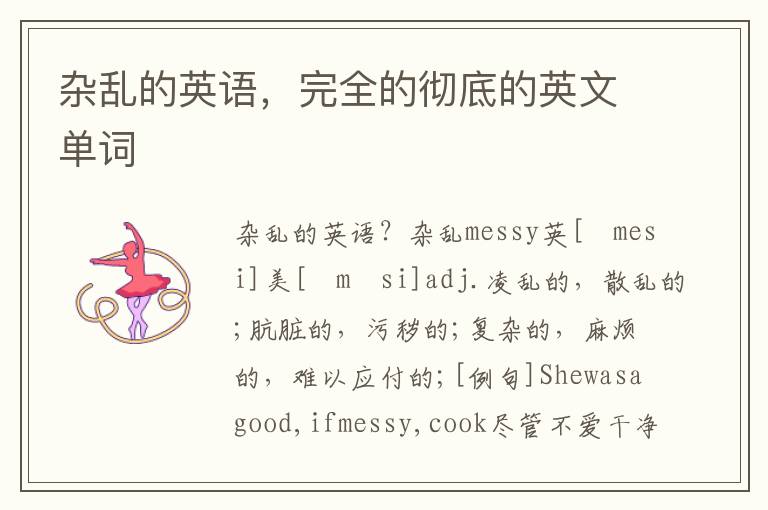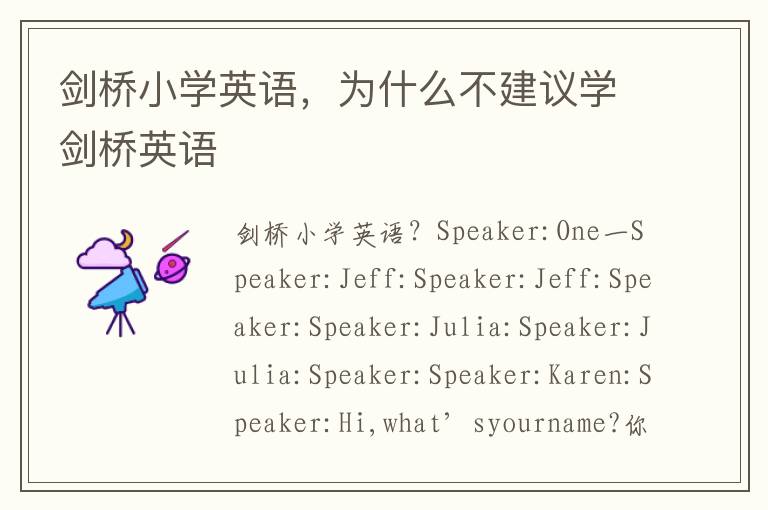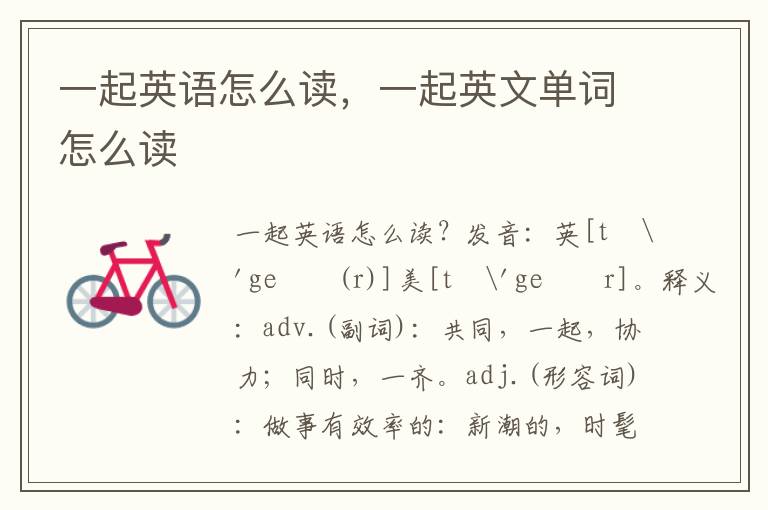【简介】感谢网友“雕龙文库”参与投稿,这里小编给大家分享一些[db:SEO标题],方便大家学习。
Toshiba is seeking to offload a big stake in its Westinghouse atomic power unit amid uncertainty over demand for nuclear reactors.
面对核反应堆需求前景的不确定性,东芝(Toshiba)正设法出售其持有的西屋电气(Westinghouse Electric)核电部门大量股份。
Speculation over a sale had mounted since October when Toshiba announced that Shaw Group of the US would exercise an option to sell it 20 per cent of Westinghouse Electric, bringing the Japanese group’s total holding to 87 per cent.
东芝今年10月宣布,美国绍尔集团(Shaw Group)可能行使一项期权、向其出售西屋电气20%的股份,从而使东芝在西屋电气持有的股份达到87%。自那以后,有关东芝可能出售股份的猜测便与日俱增。
Shaw had initially sold a controlling stake to Toshiba six years ago.
绍尔集团最初在6年前向东芝出售了一份控股股份。
Toshiba yesterday confirmed that it was in discussions with “several parties. The company said that it wanted to retain a majority stake and was looking for “positive synergies with long-term partners.
东芝昨日证实,该公司正在与“数个方面洽谈。东芝表示,仍希望保留多数股份,并正寻求长期合作伙伴,以形成“正能量。
Investor hopes of reduced exposure to an industry in flux helped lift Toshiba’s shares 3.2 per cent yesterday in a flat Tokyo market.
投资者对于东芝在一个变幻莫测的行业缩小敞口产生希望,推动该公司股价昨日上涨3.2%,而东京股市大盘持平。
Anti-nuclear sentiment after the Fukushima Daiichi meltdowns in Japan, coupled with cheap shale gas primarily in North America, mean reactor builders in developed markets cannot rely on growth at home.
日本福岛第一(Fukushima Daiichi)核电站融毁事故后民众的反核电情绪,加上廉价页岩气投放市场(主要在北美),意味着发达市场的核反应堆建造商无法依赖国内市场的增长。
In emerging markets such as China, doubts have emerged over the pace of nuclear plant development as the economic slowdown means there is less incentive for utilities to invest.
在中国等新兴市场,经济增长的放缓意味着公用事业企业投资积极性下降,人们开始对核电站的发展速度产生疑虑。
Toshiba, Japan’s largest builder of nuclear plants, has been hit hard by Fukushima. All but two of the country’s reactors remain offline after being shut for regular safety checks.
福岛事故对日本最大的核电站建造商东芝打击巨大。日本全国只有两座核电站在常规检查后恢复了运营,其余在常规检查后一直处于关闭状态。
The new government of Shinzo Abe has said that it will look at restarting reactors deemed safe, but the timetable remains unclear.
安倍晋三(Shinzo Abe)领导的新一届日本政府已表示,将考虑重启那些确认为安全的核反应堆,但重启的时间还不得而知。
Fukushima “changed the basic assumptions of the nuclear-power business model, Hiroaki Nakanishi, president of Hitachi, said last month.
日立(Hitachi)总裁中西宏明(Hiroaki Nakanishi)上月表示,福岛事故“改变了核电经营模式的基本假设。
At that time, Hitachi announced a deal to merge its thermal power plant business with that of Mitsubishi Heavy Industries, and said it would be open to doing the same for its nuclear power operations.
当时,日立宣布了一项交易,将旗下的火电厂业务与三菱重工(Mitsubishi Heavy Industries)的对应部门合并。日立还表示,愿意考虑对其核电部门进行同样操作。
Toshiba is seeking to offload a big stake in its Westinghouse atomic power unit amid uncertainty over demand for nuclear reactors.
面对核反应堆需求前景的不确定性,东芝(Toshiba)正设法出售其持有的西屋电气(Westinghouse Electric)核电部门大量股份。
Speculation over a sale had mounted since October when Toshiba announced that Shaw Group of the US would exercise an option to sell it 20 per cent of Westinghouse Electric, bringing the Japanese group’s total holding to 87 per cent.
东芝今年10月宣布,美国绍尔集团(Shaw Group)可能行使一项期权、向其出售西屋电气20%的股份,从而使东芝在西屋电气持有的股份达到87%。自那以后,有关东芝可能出售股份的猜测便与日俱增。
Shaw had initially sold a controlling stake to Toshiba six years ago.
绍尔集团最初在6年前向东芝出售了一份控股股份。
Toshiba yesterday confirmed that it was in discussions with “several parties. The company said that it wanted to retain a majority stake and was looking for “positive synergies with long-term partners.
东芝昨日证实,该公司正在与“数个方面洽谈。东芝表示,仍希望保留多数股份,并正寻求长期合作伙伴,以形成“正能量。
Investor hopes of reduced exposure to an industry in flux helped lift Toshiba’s shares 3.2 per cent yesterday in a flat Tokyo market.
投资者对于东芝在一个变幻莫测的行业缩小敞口产生希望,推动该公司股价昨日上涨3.2%,而东京股市大盘持平。
Anti-nuclear sentiment after the Fukushima Daiichi meltdowns in Japan, coupled with cheap shale gas primarily in North America, mean reactor builders in developed markets cannot rely on growth at home.
日本福岛第一(Fukushima Daiichi)核电站融毁事故后民众的反核电情绪,加上廉价页岩气投放市场(主要在北美),意味着发达市场的核反应堆建造商无法依赖国内市场的增长。
In emerging markets such as China, doubts have emerged over the pace of nuclear plant development as the economic slowdown means there is less incentive for utilities to invest.
在中国等新兴市场,经济增长的放缓意味着公用事业企业投资积极性下降,人们开始对核电站的发展速度产生疑虑。
Toshiba, Japan’s largest builder of nuclear plants, has been hit hard by Fukushima. All but two of the country’s reactors remain offline after being shut for regular safety checks.
福岛事故对日本最大的核电站建造商东芝打击巨大。日本全国只有两座核电站在常规检查后恢复了运营,其余在常规检查后一直处于关闭状态。
The new government of Shinzo Abe has said that it will look at restarting reactors deemed safe, but the timetable remains unclear.
安倍晋三(Shinzo Abe)领导的新一届日本政府已表示,将考虑重启那些确认为安全的核反应堆,但重启的时间还不得而知。
Fukushima “changed the basic assumptions of the nuclear-power business model, Hiroaki Nakanishi, president of Hitachi, said last month.
日立(Hitachi)总裁中西宏明(Hiroaki Nakanishi)上月表示,福岛事故“改变了核电经营模式的基本假设。
At that time, Hitachi announced a deal to merge its thermal power plant business with that of Mitsubishi Heavy Industries, and said it would be open to doing the same for its nuclear power operations.
当时,日立宣布了一项交易,将旗下的火电厂业务与三菱重工(Mitsubishi Heavy Industries)的对应部门合并。日立还表示,愿意考虑对其核电部门进行同样操作。









